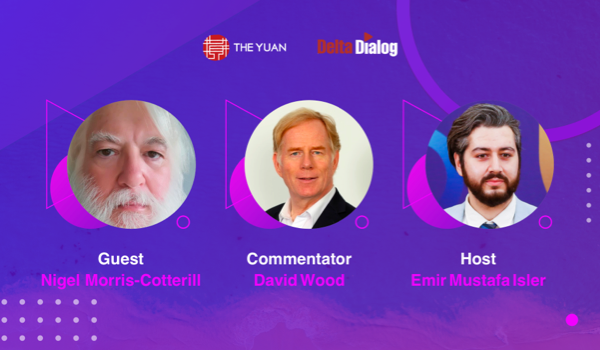
LONDON -
Navigating the Blurred Lines
Artificial intelligence has revolutionized industries and our daily lives, but the question of whether it embodies genuine intelligence or is predominantly a sophisticated data processing tool continues to perplex experts. At its core, AI excels at tasks like recognizing patterns, making predictions, and processing vast amounts of information swiftly. These capabilities often lead to AI systems generating outcomes that seem intelligent. However, the debate centers on whether AI's abilities truly mirror the depth of human intelligence.
One perspective suggests that AI's prowess lies in data-driven tasks and the efficient interpretation of information. AI systems, such as machine learning algorithms, neural networks, and natural language processing models, operate based on statistical patterns and vast datasets. They excel at tasks like language translation, image recognition, and even medical diagnosis. These achievements underscore AI's data-centric nature, leading some to argue that it is fundamentally a tool for processing information rather than possessing true intelligence.
On the other hand, proponents of AI as a form of intelligence point to the simulation of human-like cognitive processes. Language models like GPT-3 generate coherent text, chatbots engage in natural conversations, and self-driving cars navigate complex environments. These feats, while impressive, are driven by algorithms and pre-trained models that mimic human cognition. They simulate aspects of intelligence, yet they lack the deeper understanding, consciousness, and common-sense reasoning that define human intelligence.
The debate surrounding AI's nature, whether it is artificial intelligence or advanced data processing, remains multifaceted and continues to evolve as AI technologies progress. While AI unquestionably serves as a valuable tool for data analytics, automation, and decision-making, it falls short of replicating the full spectrum of human intelligence. As AI advances, it raises questions not just about the capabilities of machines, but also about our understanding of intelligence itself and how it sets humans apart from the tools they create.
What’s in it for me? / Why should I care?
The debate about AI's nature has wide-ranging implications for society, and I for one care about it because it touches on issues that affect our daily lives, ethics, job prospects, privacy, and the direction of technological advancements. Being informed about this topic empowers individuals to navigate the AI-driven world more effectively and responsibly.
Further Reading:- Can ‘AI’ outsmart humans? That depends on how one defines ‘smart’
- Has the concept of the metaverse failed, or is it still too early to tell?
- The Yuan AI 2023: Transitioning from narrow AI to broad AI





 374 views
374 views







